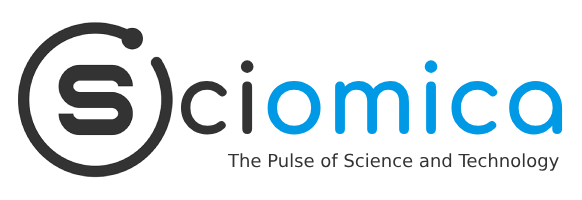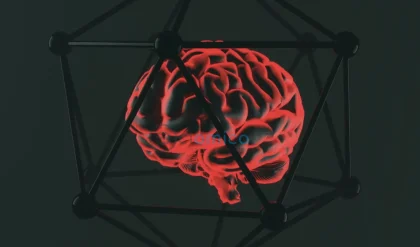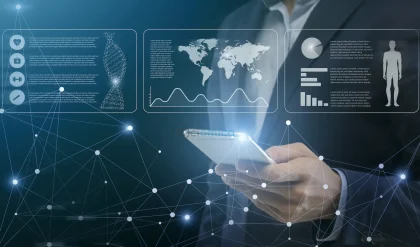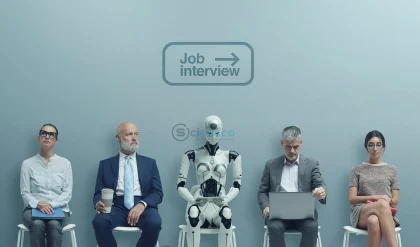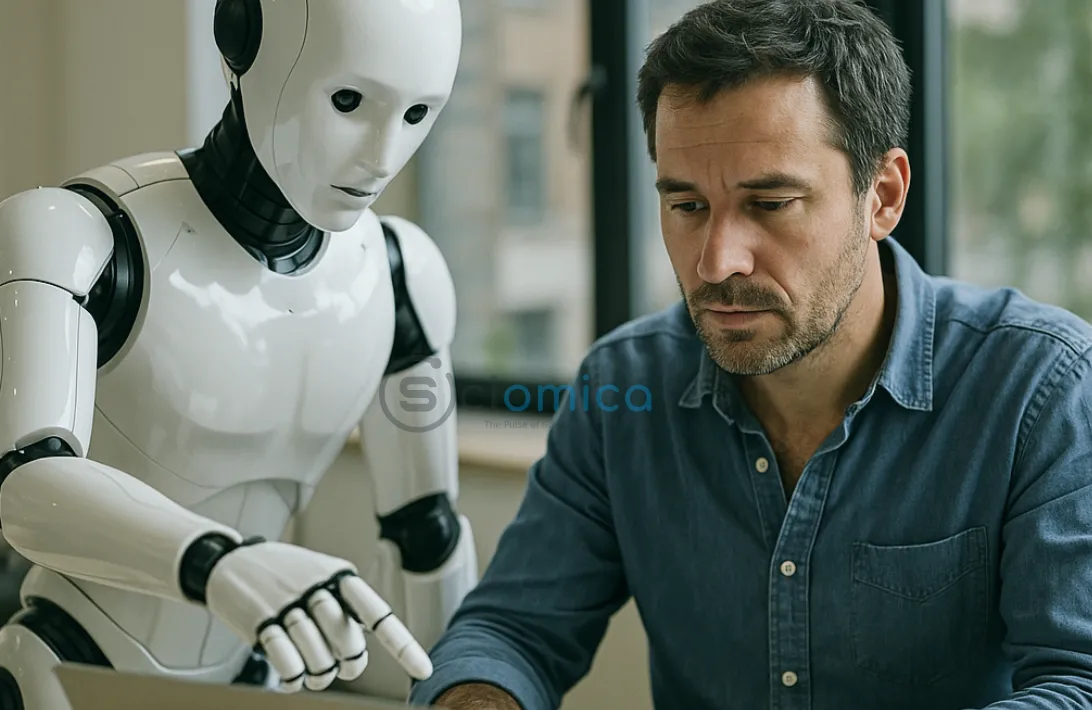
As artificial intelligence (AI) continues to transform workplaces across the globe, a new study offers early insights indicating that, contrary to widespread fears, AI exposure has not resulted in significant harm to workers’ mental health or job satisfaction thus far. Indeed, the research suggests that AI may be associated with slight improvements in physical health among employees, particularly those without a college degree.
The study, titled “Artificial Intelligence and the Wellbeing of Workers,” was published in the journal Nature: Scientific Reports on June 23. It leverages two decades of longitudinal data from the German Socio-Economic Panel, allowing researchers Osea Giuntella from the University of Pittsburgh and the National Bureau of Economic Research, Luca Stella from the University of Milan and the Berlin School of Economics, and Johannes King from the German Ministry of Finance to analyze the outcomes for workers in occupations exposed to AI compared to those in less-exposed roles.

“While public concern surrounding AI is valid, the most alarming scenarios may not be unavoidable,” stated Professor Stella, affiliated with the Center for Economic Studies (CESifo) and the Institute for Labor Economics (IZA). “At this point, our findings indicate minimal evidence that AI adoption has negatively affected workers’ overall well-being. In fact, we observe a slight improvement in physical health, likely attributed to a reduction in the physical intensity of work and lower overall job risks in certain AI-exposed occupations.”
However, the authors emphasize the need for caution regarding these findings. The analysis predominantly employs a task-based measure of AI exposure, which is generally considered more objective, but self-reported exposure estimates reveal some minor negative impacts on job and life satisfaction. Furthermore, the sample used in the study does not include younger workers and only reflects the initial stages of AI integration in Germany.
“We may simply be too early in the AI adoption curve to fully recognize its effects,” Stella cautioned. “The implications of AI could shift dramatically as technology progresses, penetrates additional sectors, and fundamentally alters the nature of work.”
Key outcomes from the research indicate that due to data availability, findings are centered on Germany, a nation known for its robust labor protections and gradual pace of AI implementation. The authors noted that outcomes might differ in more flexible labor markets or among younger cohorts entering workplaces increasingly influenced by AI technologies.
“This research represents an early glimpse, rather than a definitive conclusion,” remarked Giuntella, who has previously investigated the impacts of robotics on households and labor dynamics. “As AI adoption speeds up, it is crucial to continue monitoring its wider effects on work and health. The influence of technology is not absolute — it is the surrounding institutions and policies that will ultimately determine whether AI enhances or diminishes working conditions.”
The conversation about the implications of AI in workplaces continues to evolve, and it remains essential to observe how the integration of such technologies will affect workers in the years to come.
Reference:
- Osea Giuntella, Johannes Konig, Luca Stella. Artificial intelligence and the wellbeing of workers. Scientific Reports, 2025; 15 (1) DOI: 10.1038/s41598-025-98241-3
